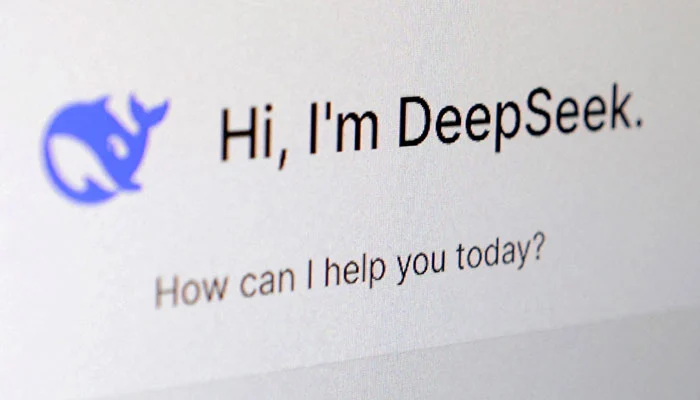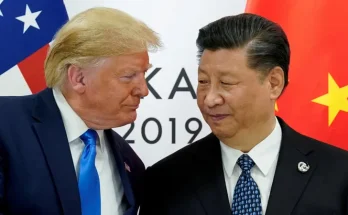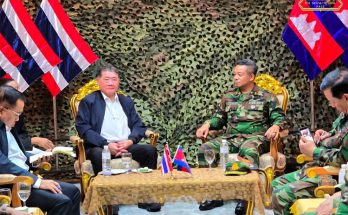“We don’t want to expose government systems to these applications,” says government cyber security envoy
Australia Bans DeepSeek Over Security and Privacy Risks
SYDNEY – Australia has officially banned DeepSeek from all government devices, citing security and privacy risks associated with China’s rapidly emerging AI chatbot. The decision, announced Wednesday by top officials, follows similar actions by South Korea, Italy, France, and other nations concerned about DeepSeek’s data practices.
“This is not just a symbolic move—it’s a necessary security measure,” said Andrew Charlton, Australia’s cybersecurity envoy. “We don’t want to expose government systems to these applications.”
The primary concerns include the risk that sensitive information may not remain private and that applications like DeepSeek could serve as malware entry points, Charlton told ABC News.
‘Unacceptable’ Security Risk Sparks Government Crackdown
Australia’s Home Affairs Department swiftly issued a directive requiring government employees to remove DeepSeek products and block access across all government systems and mobile devices.
“After a thorough threat and risk analysis, we have determined that DeepSeek presents an unacceptable level of security risk to the Australian Government,” said Stephanie Foster, Secretary of Home Affairs.
The directive mandates:
✅ Immediate identification and removal of all DeepSeek products from government devices.
✅ Prevention of future access, use, or installation of DeepSeek applications and web services.
DeepSeek Sparks Global Alarm
DeepSeek’s R1 chatbot has stunned the AI industry with its high performance at a fraction of the cost of leading U.S. models. Some experts believe its breakthrough could pose a major challenge to Silicon Valley’s AI dominance.
However, concerns over its data handling and security vulnerabilities have led to widespread scrutiny. Countries including South Korea, Ireland, France, Australia, and Italy have questioned how DeepSeek stores user data and whether its AI model was trained using sensitive information.
Cybersecurity researcher Dana McKay from the Royal Melbourne Institute of Technology warned that DeepSeek’s ties to Chinese government regulations pose an additional risk.
“All Chinese companies are required to store their data in China, where it is subject to government inspection,” McKay told AFP. She also raised concerns over DeepSeek’s privacy policy, which explicitly states that it collects keystroke data—a technique that can be used to track and identify individual users.
“If someone uses DeepSeek on a government computer and later searches for sensitive information at home, that data could be leveraged against them,” she added.
Australia’s Tough Stance on Chinese Tech
Australia has a history of cracking down on Chinese technology over security concerns.
🔹 2018: Australia banned Huawei from its 5G network, citing espionage risks.
🔹 2023: TikTok was banned from government devices following intelligence warnings.
🔹 2024: DeepSeek now joins the list as the latest Chinese technology barred from Australian government systems.
The ongoing tech and trade tensions between Canberra and Beijing have fueled past diplomatic clashes, including a multi-billion-dollar trade war that only recently cooled when China lifted its ban on Australian rock lobster imports.
A Global AI Power Struggle?
DeepSeek’s rise is being seen as a wake-up call for U.S. AI developers, with some accusing the company of reverse-engineering leading American AI technologies.
As the battle for AI supremacy intensifies, governments worldwide are scrambling to balance innovation, security, and geopolitical risks—and for now, DeepSeek remains at the center of this growing storm.



